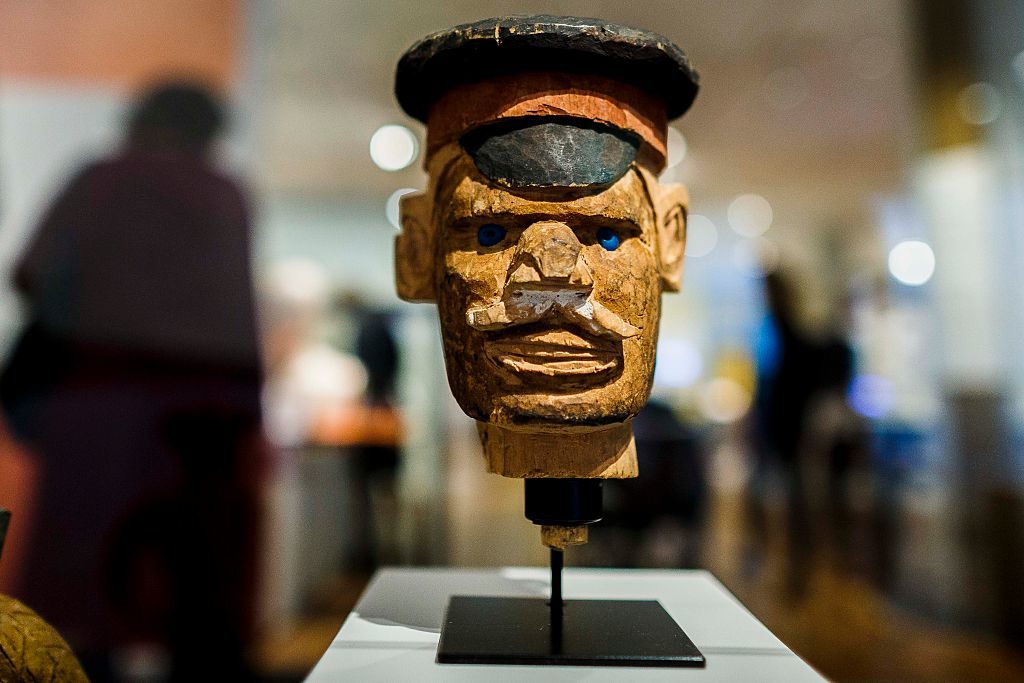Art & Exhibitions
German Institutions Are Spending More Than $3 Million on Programming That Addresses Berlin’s Sordid (and Long Glossed-Over) Colonial Past
The five-year program examines how the city benefited from Germany's expansions abroad.

The five-year program examines how the city benefited from Germany's expansions abroad.

Kate Brown

Museums, nonprofits, and the culture ministry of Berlin are collaborating on a multi-year project to address the city’s long colonial legacy.
Between now and 2024, organizers of the program will map colonial sites around the city and mount exhibitions and events looking at how Berlin benefited from Germany’s brutal presence in part of present-day Cameroon, Nigeria, Chad, Ghana, and Namibia, where Germany oversaw the genocide of the Herero and Namaqua peoples.
“Our program will be a model of how colonialism and racism—but also resistance to them—continue to shape urban societies here and in the former colonies to the present day,” says Tahir Della, a spokesperson for the Initiative for Black People in Germany, one of the nonprofit organizations working with the government.
The first event will likely take place on August 23, the International Day for the Remembrance of the Slave Trade and Its Abolition, though details have yet to be announced.
The purpose of the inaugural events, a spokesperson of the city senate tells Artnet News, is to remind Berlin—and the world—that the city participated in crimes against humanity since the late 17th century.
“On this day, the project will not only celebrate the outbreak of the Black Revolution in Haiti,” she says, referring to the Haitian Revolution, which began on August 22, 1791. “It will also remember those enslaved Africans who had to serve the [German royal dynastic] Hohenzollern family and became the first members of Berlin’s Black community more than 300 years ago.”
Other programming details are yet to be announced, but city officials also plan to rename parts of Berlin that currently honor imperial figures. The new names will instead recognized liberation fighters.
Klaus Lederer, Berlin’s senator for culture and Europe, says the project will be of central importance in the coming years.
“I am glad to have won over [my] comrades-in-arms who are now supporting the project,” he says. The Berlin State Museums, including the Märkisches Museum, the Nikolaikirche, the Ephraim Palace, and the historic Knoblauch house, are also on board. The senate also expects other museums to participate.
“Colonialism and its legacies, [which are] still effective today, are among the blind spots of history,” says Hortensia Völckers, the artistic director and a board member of the Federal Cultural Foundation, one of the main state backers of the project. “I hope that the Berlin example will be followed by many more cities in Germany.”